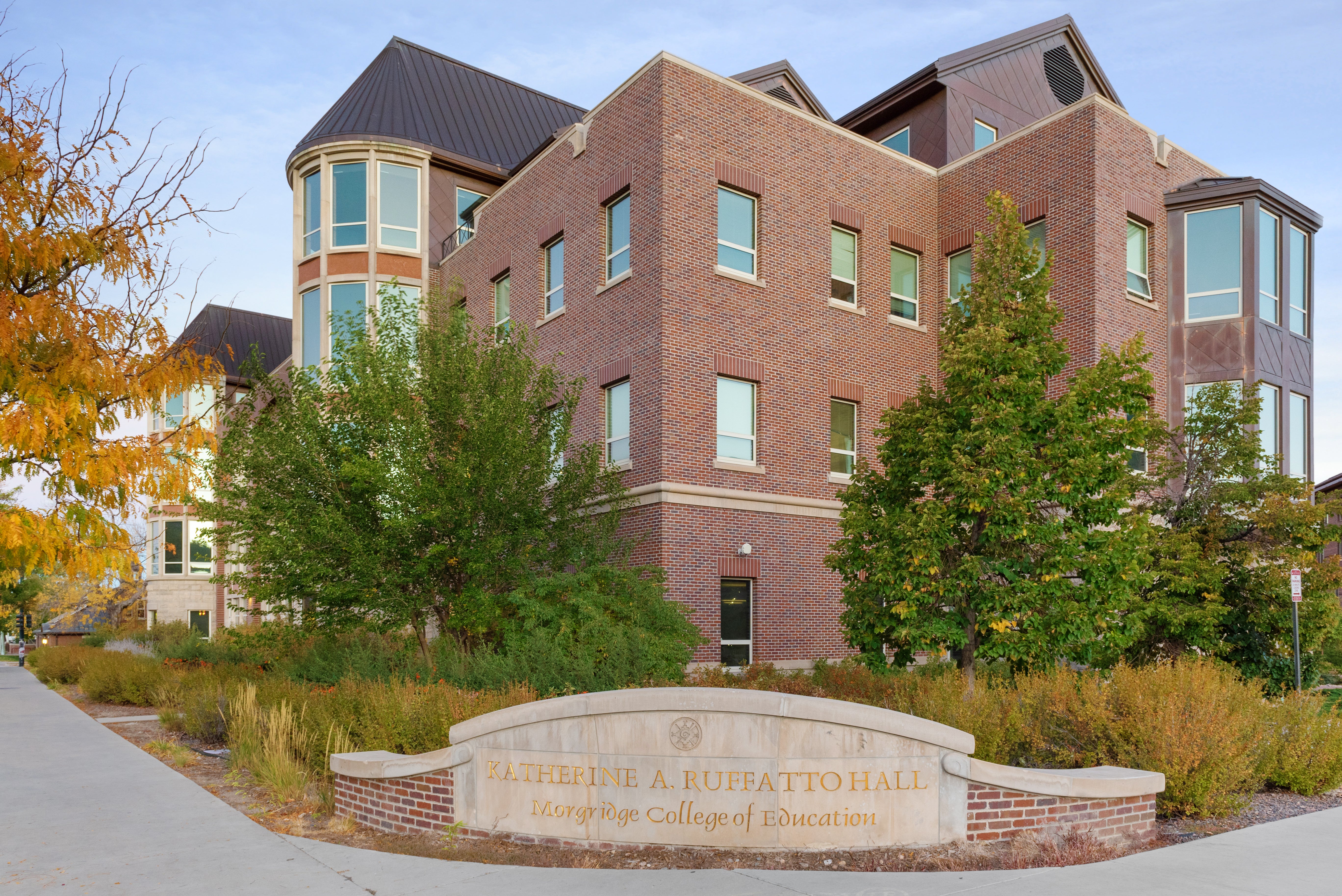Online Master's in Library and Information Science
At a Glance | 58 Credit Hours | Admission Terms: January, March, June and September
Online Masters in Library and Information Science Curriculum
The online MLIS curriculum combines information science and data management techniques with the latest trends and applications in the field of library science. Throughout the program you will build the core theory and practice skills you need to effectively manage and adapt to change, stand out as an information leader in your organization and give back to your community. View the online Master’s in Library and Information Science homepage to learn more.
Archiving Focus
As an online MLIS student you will also have the option to explore three key skill sets for an archivist through a uniquely presented, social justice lens. This optional focus in archiving will help you affect positive change in your community and preserve its history. This focus will allow you to deepen your understanding of how to:
Manage Records and Archives
Explore the systematic control of records throughout their life cycle—from creation through processing, distribution, organization, retrieval and archival disposition.
Oversee Digitization Projects
Archive digital collections and bring the past into the modern era to ensure that important documents and stories aren’t lost to time.
Keep Digital Collections
Develop an understanding of digital library components and explore theoretical and practical approaches to constructing, maintaining and evaluating digital libraries.
Become an Information Leader with an Online MLIS
Request Information NowLearning Objectives
The online MLIS program will empower you to not only understand new ways of archiving and curating information, but to also improve the core connections between people and ideas. Through live class sessions, mentorship from expert faculty and hands-on projects, you’ll be prepared to:
- Promote intellectual freedom in a variety of information access situations
- Apply the value of teaching, service, research and professional development to the advancement of the field and your own career plans
- Distinguish and apply emerging approaches to the organization of information
- Identify, evaluate, synthesize and disseminate information for a variety of communities and users
- Improve the interactions between information users and information resources
- Communicate professionally and incorporate respect for diversity into practice
- Defend library and information science professional ethics and values
An ALA-Accredited Program
The online Master of Library and Information Science from Morgridge College of Education is fully accredited by the American Library Association, the oldest and largest library association in the world. ALA accreditation indicates that the program has undergone a self-evaluation process, has been reviewed by peers and meets the Standards established by the American Library Association and Committee on Accreditation.
It’s important to note that many employers require an ALA-accredited master’s degree for professional-level positions. In addition, some states require an ALA-accredited degree to work as a professional librarian.1
Drive Powerful Connections Between People and Information
Request Information NowMLIS Career Paths
Whether you’re looking to connect with and empower individuals or want to serve entire communities, an online MLIS degree can prepare you to succeed across a variety of fields. After earning your degree, you’ll be able to pursue careers in fields such as education, technology, data analysis, research and more.
What Are the Career Opportunities for Library Science Graduates?
- Data curation expert
- Digital library manager
- Web designer
- Digital archivist
- Community outreach specialist
- Information literacy librarian
- Librarian
- Researcher
- Museum archivist
- Metadata analyst
- Information broker
- Business research specialist
Take the Next Step in Your Library Science Journey Today
Request Information Now1American Library Association Accreditation FAQ. (2023). American Library Association. Retrieved May 24, 2023.


